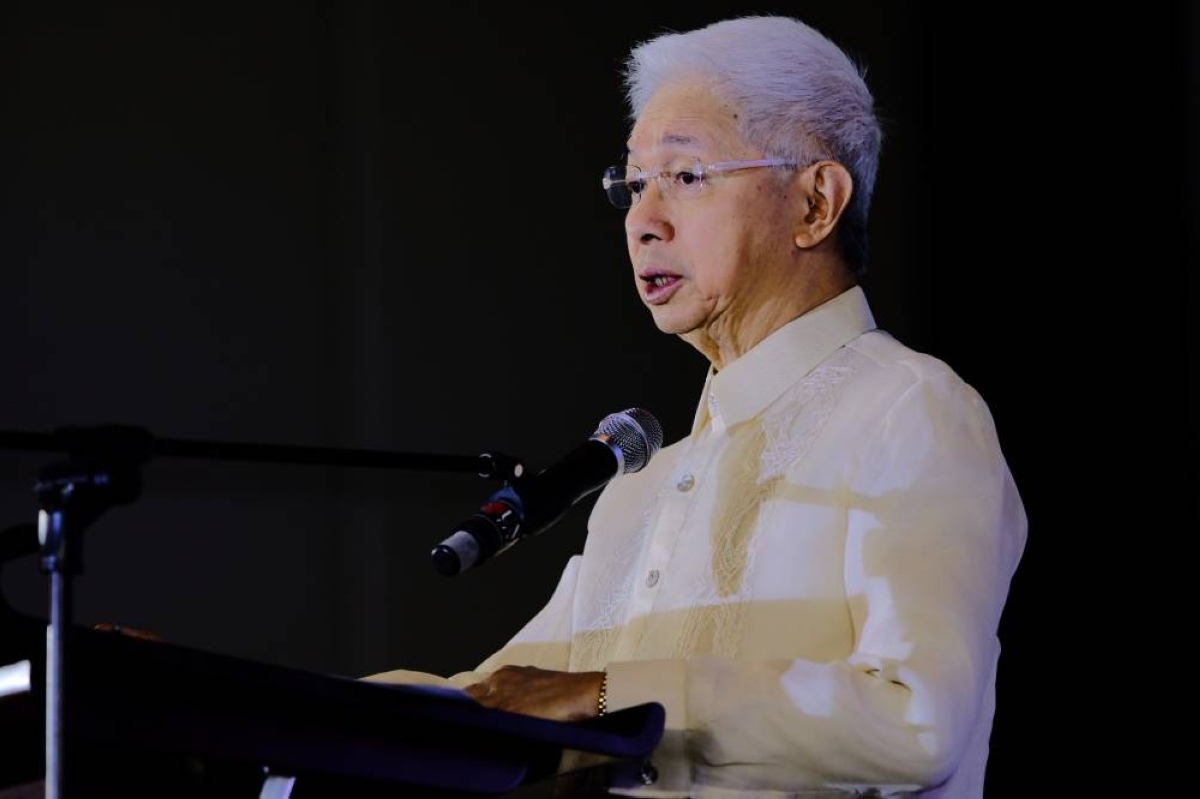The Department of Trade and Industry (DTI) aims to enhance the country’s bilateral trade with China.
President Ferdinand “Bongbong” Marcos Jr.’s state visit to China early next year is a recognition that it is an important trading and investment partner of the Philippines, Trade Secretary Alfredo Pascual said in a statement.
Despite soaring Covid-19 cases in China, the President will still push through with his state visit to Beijing next week, from January 3 to 5.
The state visit is upon the invitation of Chinese President Xi Jinping.
“The visit will pave the way for further strengthening of our trade and investment relations, particularly as we work to recover from the pandemic and position the Philippines as a regional hub for sustainable and innovative manufacturing and services industries,” Pascual said in the statement.
In 2021, China was the Philippines’ top trade partner, with total trade valued at $38.35 billion.
China is also the country’s second-largest export market ($11.55 billion) and a leading import source ($26.8 billion).
“With current trade figures, we also hope to achieve a more balanced level of trade through, among others, further market access to agricultural commodities,” Pascual said.
Given the size of the Chinese market and the supply capabilities of the Philippines, the DTI chief noted that the Philippines has an opportunity to further expand exports to China by an additional $14.1 billion in the next few years, based on the Export Potential Assessment undertaken by the International Trade Center.
Pascual said the DTI has organized a series of roundtable meetings for the President during the state visit with major Chinese companies with existing and planned investments in the Philippines in the key sectors of complementation with China, specifically agribusiness, renewable energy, steel making, nickel ore processing, and battery production and electric vehicle manufacturing.
Chinese importers of tropical fruits from the Philippines will also participate in the meetings, he said.
Pascual further noted that the President’s visit to China also aims to build on the Philippines’ export gains and further strengthen relations with key partners in China to help the Philippines realize this additional export potential.
The sectors with the most considerable export potential include electronic equipment, electrical machinery, metals, optical products, watches, medical instruments, fruits, motor vehicle parts, processed or preserved food products, fish and shellfish.
“The President will be accompanied by a business delegation comprised of business executives from Philippine companies with existing and/or prospective business partnerships with Chinese enterprises. Such partnerships include investments and exports,” Pascual said.
RCEP opportunities
The eventual participation of the Philippines in the RCEP, the DTI chief said, will boost the Philippines’ strategic advantage for investments “while providing more opportunities for our stakeholders to enjoy a most extensive free trade area.”
The RCEP is the Regional Comprehensive Economic Partnership, a free trade agreement among 15 Asia-Pacific countries, including China and the Philippines.
The stakeholders can now enjoy wider sourcing of raw materials from the 15 countries, including China, and export processed products from the Philippines to the RCEP parties, Pascual also said.
He added that the improved market access for certain Philippine products is secured in the RCEP for the China market, such as preserved pineapples, pineapple juice, coconut juice, ignition wiring sets and flexographic plates.
“The RCEP will support the Philippines’ goal of seeking a more robust and beneficial partnership with China. The long history of business relations between our two countries, the cooperation in the Belt and Road, and now the RCEP will facilitate the further growth and deepening of our bilateral business relations,” he said.

